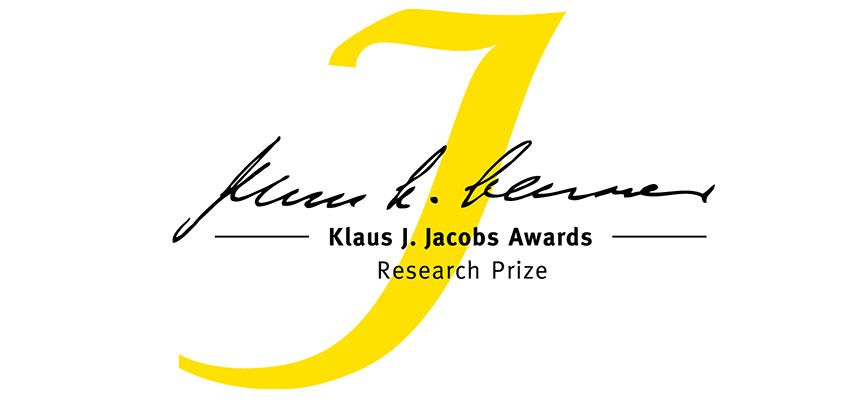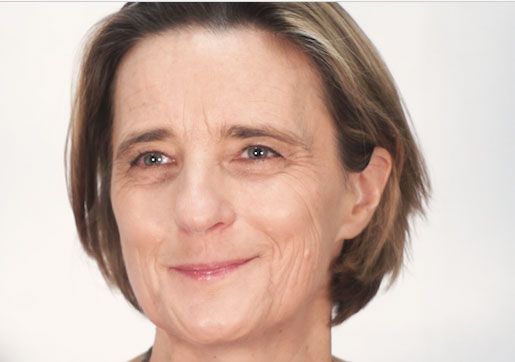Share Content
Article Link Copied
Daphne Bavelier receives
2019 Research Prize

University of Geneva Professor Daphne Bavelier explores how individuals learn and adapt to changes in experience, whether induced by nature or by training. In the context of this work she found that playing action video games enhances several aspects of cognition.
As we settle in the 21st century expectations are shifting as to what is expected of the way we educate children. Preparing for a hyperconnected world and the demands of an ever-shifting job market requires the ability to learn new skills on the go rather than using the same expertise throughout the life span. New technologies are often decried these days, but could they be leveraged as learning tools of the 21st century?
Prof. Daphne Bavelier – 2019 Klaus J. Jacobs Research Prize Recipient
Daphne Bavelier and her cognitive neuroscience laboratory at the University of Geneva while studying how to enhance learning and brain plasticity stumbled upon a surprising result. Playing so called action video games, mostly first- or third-person shooter games, improves perception, attention, or spatial cognition. Young adults who play these games have better attention than those who play other genres of games such as social simulation or puzzle games.

Professor at the University of Geneva, Daphne Bavelier.
Prof. Daphne Bavelier receives the 2019 Klaus J. Jacobs Research Prize endowed with one million Swiss Francs for hear research on leveraging action video games to promote brain plasticity and learning.
Enhanced attentional control
Over the past 20 years Bavelier has worked on unpacking this counterintuitive finding. Her main drive is to reveal the neural mechanisms by which one can unlock greater brain plasticity, and thus learning. She has identified enhanced attentional control as a key driver of the plastic changes induced by action video game play. This is notable, because it illustrates how skilled performance in a variety of processing domains can be enhanced by a single training regimen, that is action video game play. In other words, action video game play not only results in greater action video game play expertise, but also in better performance on other cognitive tasks.
Bavelier’s work so far has concentrated primarily on possible positive impacts of video game play; yet, this should not be taken to imply that there are no negative impacts or abusive use. With the prize money Bavelier plans to parse out the differential impacts of video game play and their underlying neural mechanisms as part of a larger research program around the benefits of play for future learning.
Every other year, the Jacobs Foundation honors an outstanding researcher for scientific work of high social relevance. The 2019 Klaus J. Jacobs Research Prize will be presented on November 22, 2019 at a festive ceremony in Zurich, Switzerland.
https://jacobsfoundation.org/en/awards/2019-research-prize/
Read Media Release
https://jacobsfoundation.org/en/university-of-geneva-professor-receives-2019-klaus-j-jacobs-research-prize-endowed-with-chf-1-million/